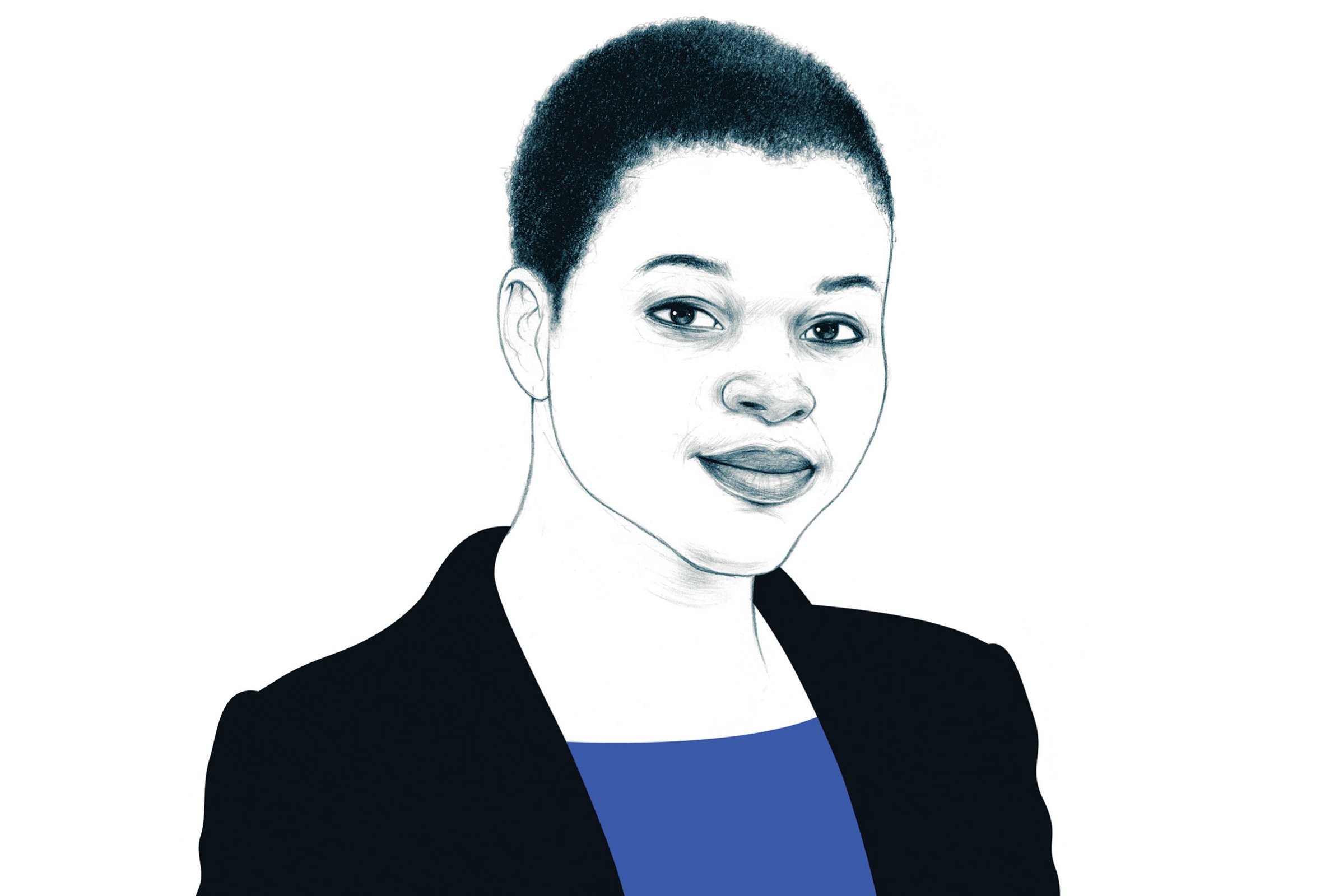
In 2014, Dr. Adaora Okoli contracted Ebola while treating the first person with the disease in Nigeria. It wasn’t long after that Okoli began to come down with symptoms, including vomiting and diarrhea. Okoli was quickly moved into a special treatment ward, along with several medical colleagues, some of whom succumbed.
“We couldn’t get the experimental therapy, and there was no survivor’s plasma,” she says. “The only thing I knew to do was to talk to God and say, ‘I need you to heal me.'”
Okoli also knew she had to stay hydrated and check her pulse. Six days after she entered the ward, she started to improve. One morning, a doctor confirmed she no longer tested positive for Ebola. She cut a red ribbon on her way out, symbolizing her re-entry into the world. “I felt like I was reborn,” she says.
A lot has changed for Okoli, 27, since that fateful week. She has a 2-year-old daughter, and she is enrolled in the Tulane School of Public Health and Tropical Medicine. She plans to return to Nigeria.
“Ebola is going to come back. It may not be next year or the next five years. But it will come back,” says Okoli. “I know I was sick for a reason. There’s a lot more I have to do.”
More Must-Reads from TIME
- Cybersecurity Experts Are Sounding the Alarm on DOGE
- Meet the 2025 Women of the Year
- The Harsh Truth About Disability Inclusion
- Why Do More Young Adults Have Cancer?
- Colman Domingo Leads With Radical Love
- How to Get Better at Doing Things Alone
- Michelle Zauner Stares Down the Darkness
Contact us at letters@time.com



